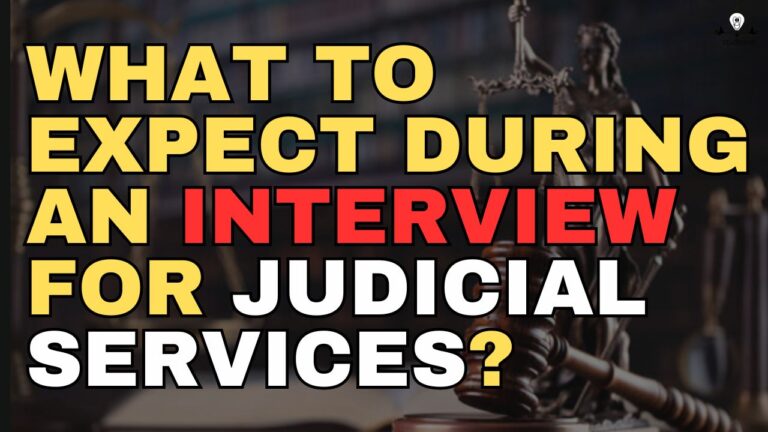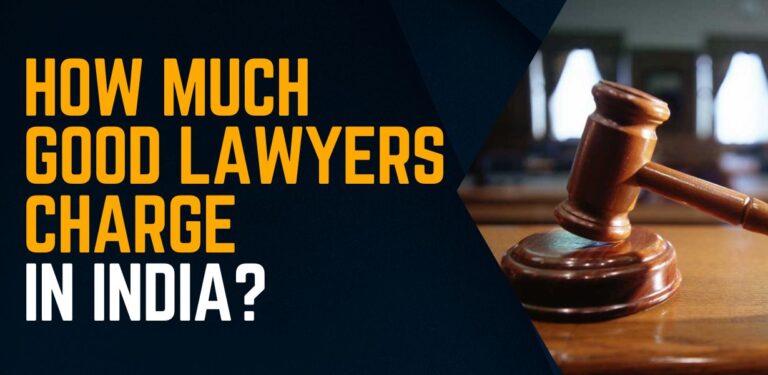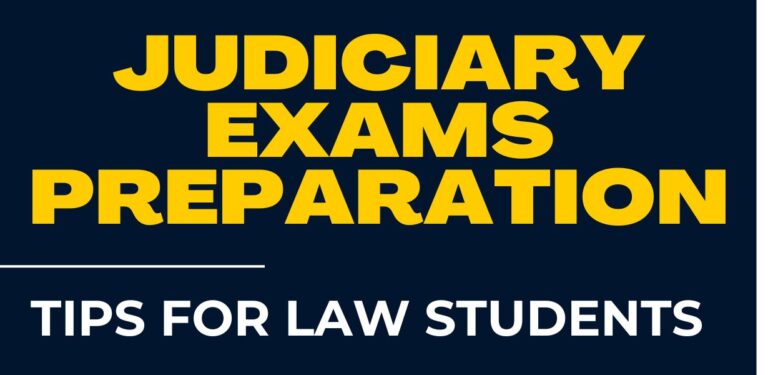20 Most Common Interview Questions and Answers: Ace Your Next Job Interview
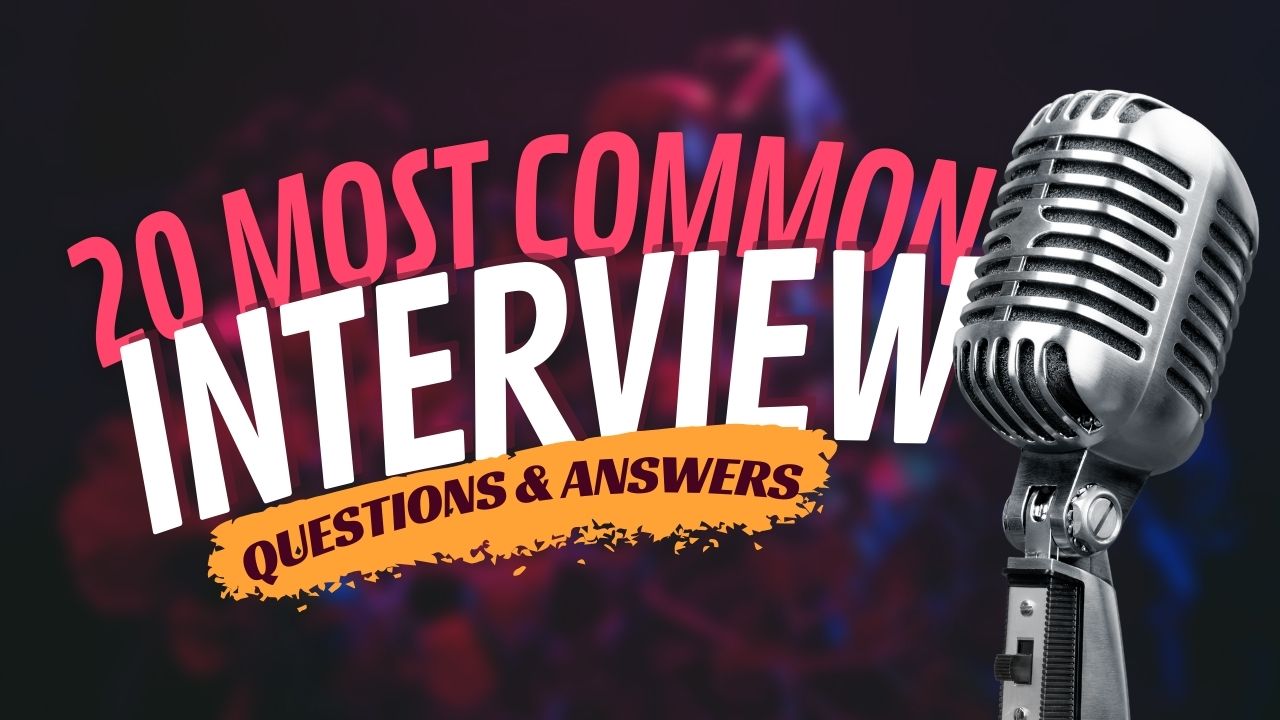
Preparing for a job interview can be stressful, but being familiar with common interview questions and having well-thought-out answers ready can boost your confidence. Employers frequently ask similar questions to assess how well a candidate aligns with the role and the company’s culture.
Understanding the common questions and crafting thoughtful answers can set you apart from other candidates. This post covers 20 Most Common Interview Questions and Answers with sample Answers to ace the Interview.

You’ll frequently be asked to “Tell me about yourself.” This question, often used to start the conversation, aims to get to know you better. Highlight your key experiences and skills that make you suitable for the job.
Another popular question is, “What are your strengths and weaknesses?” Here, be genuine and focus on your strengths that align with the job requirements and prove as an asset for the Company, while also discussing how you’re working on your weaknesses.
When discussing past experiences, be ready to answer questions like, “Can you describe a time you faced a challenge at work?” or “Tell me about a time you failed.”
Employers want to see how you handle adversity and learn from your mistakes. Use these opportunities to show your problem-solving abilities and resilience. Being prepared with answers to these common scenario based questions will help you present yourself as a strong candidate.
Understanding the Interview Foundations
Interviews are a critical step in the hiring process, giving the company a chance to evaluate you and providing you an opportunity to make a strong impression. Understanding the fundamentals can significantly increase your chances of success.
The Purpose of an Interview
The main goal of an interview is to assess whether you are a good fit for the role and the company culture. Interviewers want to know if you have the necessary skills, experience, and attitude to perform well.
Interview questions often focus on different aspects of your background, such as your past work experience, your problem-solving abilities, and your personality traits. Answering these questions effectively can help convince the interviewer that you are the best candidate.
In addition to evaluating your qualifications, interviews also give you the chance to learn more about the company and the role. You can ask questions to gain insights into the company’s values, work environment, and expectations. This mutual exchange of information helps both you and the interviewer make an informed decision.
Preparing for Your Interview with Common Interview Questions and Answers

Preparation is essential to making a great impression during your job interview. You need to familiarize yourself with the company, practice commonly asked questions, choose appropriate attire, and be ready to present yourself confidently.
Research and Background Work
Start by researching the company. Visit the company website to learn about their mission, values, and recent news updates. Look for the latest projects and achievements.
Check the company’s LinkedIn page to see updates on their activities.
Understand the job description in detail. Note critical skills and qualifications the employer is seeking. This will guide you in tailoring your answers to align with what the company is looking for.
Mock Interviews and Practice
Mock interviews can greatly reduce your anxiety. Have a friend or family member act as the interviewer. Practice answering common questions given in the list below.
Use a mirror to practice body language and facial expressions. Ensure you maintain good eye contact and appear confident.
You can also record yourself to see where you can improve. Pay attention to your tone, speed of speech, and clarity. This helps in making sure you come across as calm and collected during the real interview.
Dressing for Success
What you wear can make a significant first impression. Choose professional attire that is appropriate for the company’s culture. A traditional business suit is usually safe, but some companies might have a more relaxed dress code.
Clean, ironed clothes show you’ve taken the time to prepare. Avoid flashy jewelry or too much makeup.
Ensure your shoes are polished and your hair is neat. First impressions matter, so dressing appropriately can set a positive tone for the interview.
The “Tell Me About Yourself” Prompt
This is often the first question in many interviews and sets the stage. Keep your answer short and focused. Start by mentioning your current role or recent academic background.
Highlight key experiences relevant to the position you’re applying for. Mention any significant achievements or skills that align with the job description.
Finish with a brief statement about why you’re excited about this opportunity. Practicing this answer can help you deliver it smoothly and confidently.
Responding to Common Interview Questions
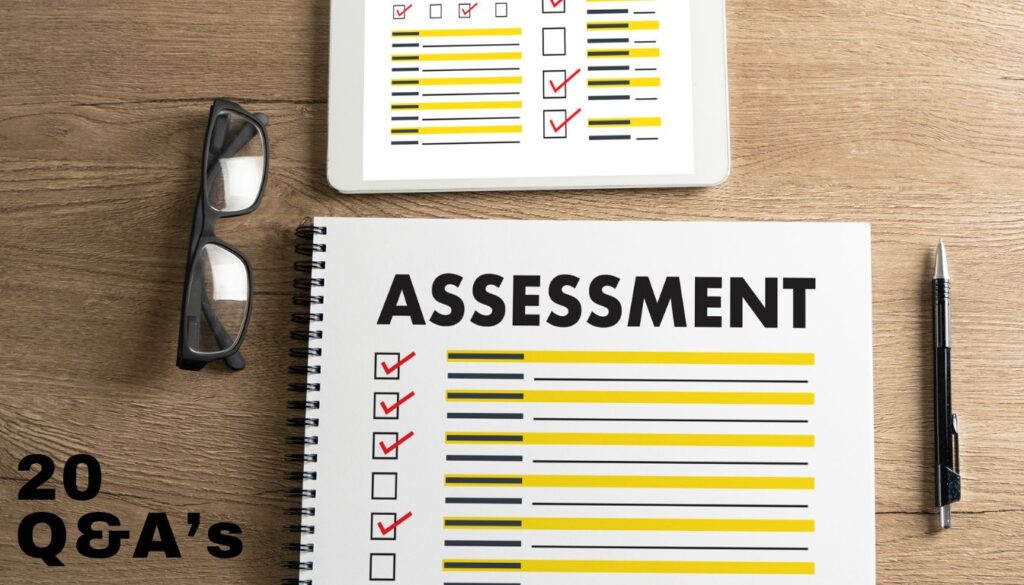
When facing common interview questions, it’s crucial to share relevant professional experiences, discuss your strengths and weaknesses accurately, and use effective behavioral interview techniques.
Sharing Professional Experiences
When asked about your professional background, focus on key achievements. Highlight positions held, responsibilities, and significant accomplishments. Mention specific projects or tasks where you made a notable impact.
For example:
- “In my previous role as a project manager, I led a team of 10 people to complete a major software upgrade three months ahead of schedule.”
- “As a sales associate, I consistently exceeded my targets by 20%, earning recognition as Employee of the Month five times.”
Your goal is to show how your past experiences make you an ideal candidate for the job.
Discussing Strengths and Weaknesses
When discussing strengths, choose qualities that are relevant to the job. Use examples to show how these strengths have helped you succeed.
For instance:
- “I have strong problem-solving skills, which have allowed me to improve our customer service response times.”
When talking about weaknesses, be honest but frame them positively. Show how you are working to improve.
Example:
- “Public speaking used to be a challenge for me, so I enrolled in a workshop and have since presented at three industry conferences.”
Behavioral Interview Techniques
Behavioral questions often start with phrases like “Tell me about a time when…” Use the STAR technique (Situation, Task, Action, Result) to structure your answers.
For instance:
- Situation: “At my last job, we faced a tight project deadline.”
- Task: “I was responsible for organizing the team’s workload.”
- Action: “I created a detailed schedule and tracked progress daily.”
- Result: “We completed the project two weeks early, improving client satisfaction.”
Behavioral questions reveal how you handle real-world situations, so give detailed, specific answers.
By preparing for these common questions, you’ll be able to answer confidently and effectively in your interview.
List of 20 Common Interview Questions with Sample Answers:
- Tell me about yourself.
Answer: “I have over five years of experience in digital marketing (XYZ category), with a focus on social media strategy and content creation.” - Why do you want to work here?
Answer: “I admire your company’s commitment to innovation and sustainability and excited about contributing to your forward-thinking projects.” - What are your strengths?
Answer: “I am excellent at multi-tasking and managing time efficiently, which has helped me complete projects earlier than expected.” - What is your biggest weakness?
Answer: “I tend to be a perfectionist, but I’ve learned to prioritize and delegate tasks effectively.” - Where do you see yourself in five years?
Answer: “I see myself in a leadership role, helping shape the XYZ / sales / Projectile or direction of the company.” - Why did you leave your last job?
Answer: “I am looking for new challenges and growth opportunities that my previous job couldn’t provide.” - Describe a difficult work situation and how you overcame it.
Answer: “We had a major system failure; I led the team in implementing a backup plan, minimizing downtime in 24 hours.” - How do you handle stress and pressure?
Answer: “I stay organized and focused on tasks, and I practice mindfulness techniques to stay calm.” - What are your salary expectations?
Answer: “Based on my research and experience, I believe a fair range would be $60,000 to $70,000 annually.” - Why should we hire you?
Answer: “I bring a unique blend of skills in project management and software development that align with your current needs.” - What motivates you?
Answer: “Achieving goals and seeing the tangible results of my work motivates me.” - How do you prioritize your work?
Answer: “I use project management tools to track tasks and deadlines, ensuring high-priority tasks are completed first.” - What is your greatest professional achievement?
Answer: “Successfully leading a cross-functional team to launch a new product line that increased our market share by 45%.” - Can you explain why you changed career paths?
Answer: “I realized my true passion lies in data analysis, prompting me to pursue a relevant degree and certifications.” - What is your leadership style?
Answer: “I practice a collaborative leadership style, encouraging team input and fostering an inclusive environment.” - How do you handle failure?
Answer: “I analyze what went wrong, learn from the experience, and apply those lessons to future projects.” - Do you prefer to work independently or on a team?
Answer: “I enjoy both; independent work allows for deep focus, while teamwork fosters creativity and collaboration.” - Describe a time when you disagreed with a coworker.
Answer: “I listened to their perspective, communicated my views respectfully, and we reached a compromise that benefited the project.” - What are your hobbies outside of work?
Answer: “I enjoy hiking, which helps me stay active and practice problem-solving skills in a different environment.” - How do you stay current with industry trends?
Answer: “I regularly attend industry conferences, subscribe to leading journals, and participate in webinars.”
Make sure to tailor your answers to align with the job you’re applying for!
Concluding the Interview
It is important to end your interview on a strong note. Asking thoughtful questions shows your enthusiasm and can leave a lasting impression.
Frequently Asked Questions
Preparing for an interview can be bit difficult. Here are answers to some common questions you might encounter during a job interview, along with sample responses.
Why do you want to work here?
Sample Answer 1:
“I am impressed by your company’s commitment to innovation and its track record of success in the industry. I am excited about the prospect of contributing to such an esteemed organization and believe my skills in project management align well with your current initiatives.”
Sample Answer 2:
“I admire the company culture here, particularly the emphasis on teamwork and professional development. This is an environment where I can grow and offer my expertise in digital marketing to help achieve our goals.”
Sample Answer 3:
“The company’s mission to provide exceptional service resonates with me. I have always aimed to work in a place where I can make a meaningful impact, and I believe that this role will allow me to do so.”
Describe a challenge you’ve faced at work and how you dealt with it.
Sample Answer 1:
“Once, we had a critical project that was falling behind schedule. I initiated daily stand-up meetings to improve communication, reallocated resources, and set clear priorities, which eventually helped us deliver the project on time.”
Sample Answer 2:
“I faced a challenging client who was unhappy with our service. I scheduled a meeting to discuss their concerns, listened actively, and provided tailored solutions. This approach not only resolved the issue but also strengthened the client relationship.”
Sample Answer 3:
“A major software update caused system downtimes. I led the team in troubleshooting the issues, coordinated with different departments, and implemented a structured recovery plan. We successfully minimized downtime and improved our future response protocols.”
Where do you see yourself in ten years?
Sample Answer 1:
“In ten years, I see myself in a senior leadership role where I am guiding a team and driving significant projects. I aim to continue growing my skills and taking on responsibilities that will prepare me for such opportunities.”
Sample Answer 2:
“I envision myself as an expert in my field, possibly having published research or whitepapers. I also hope to be mentoring younger professionals and contributing to industry standards through speaking engagements and collaborations.”
Sample Answer 3:
“Ten years from now, I wish to have a deeper understanding of the industry and a broader network of professional connections. My goal is to contribute to strategic decision-making processes and play a key role in shaping company policies.”
These are sample answers, you can add content as per your experience and field of work.
All the Best !

